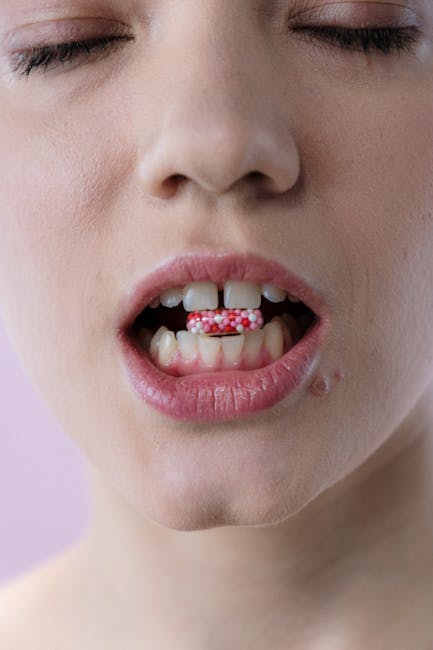Why Aren’t As Bad As You Think
 ADHD Medication in Bowie MD: Finding Effective Treatment for Your Child
ADHD Medication in Bowie MD: Finding Effective Treatment for Your Child
Living with a child who has Attention Deficit Hyperactivity Disorder (ADHD) can be challenging for both the child and their family. ADHD is a neurodevelopmental disorder that affects millions of children worldwide, making it difficult for them to pay attention, control impulsive behavior, and sit still for extended periods. Fortunately, there are treatment options available, such as ADHD medication. In Bowie, MD, you can find effective ADHD medication solutions to help your child thrive and reach their full potential.
Understanding ADHD
Before discussing the available medication options, it’s important to understand what ADHD is and how it impacts a child’s life. ADHD is characterized by a combination of symptoms, including inattention, hyperactivity, and impulsivity. Children with ADHD often struggle with staying focused, following instructions, and completing tasks. This can affect their academic performance, social interactions, and overall well-being.
ADHD Medication: How Does It Work?
ADHD medication aims to reduce the symptoms associated with the disorder, helping children manage their impulses, improve focus, and control their behavior. Medication for ADHD primarily comes in two forms: stimulants and non-stimulants.
Stimulant Medication
Stimulant medication is the most commonly prescribed treatment for ADHD. Despite its name, stimulant medication helps calm down children with ADHD by increasing the availability of certain chemicals in the brain that help regulate attention and behavior. Common stimulant medications include methylphenidate and amphetamine-based drugs.
Non-Stimulant Medication
Non-stimulant medications are alternative options for children who do not respond well to stimulants or experience side effects. These medications work differently from stimulants, targeting other neurotransmitters in the brain. Non-stimulant medications, such as atomoxetine, guanfacine, and clonidine, are generally considered milder and have fewer side effects.
Finding the Right Medication
Choosing the right medication for your child requires a collaborative effort between you, your child, and your healthcare provider. ADHD medication affects individuals differently, so finding the most suitable option may involve some trial and error. Here are some key considerations when selecting ADHD medication for your child:
1. Understanding your child’s symptoms: Observe and document your child’s symptoms as well as any specific challenges they face. This information will help your healthcare provider determine which medication may be most effective.
2. Discussing potential side effects: All medications come with potential side effects. Consult with your healthcare provider to understand the possible side effects of different medications and how they might impact your child.
3. Monitoring the medication’s effectiveness: Once your child starts taking medication, regularly assess its effectiveness. Keep track of any changes in behavior, school performance, and overall well-being. This information will be valuable when discussing adjustments or alternative medications with your healthcare provider.
4. Open communication with your child: Encourage open communication with your child throughout the process. Discuss any concerns, side effects, or improvements they may experience. Their feedback will contribute to finding the most suitable medication for their needs.
Managing ADHD Beyond Medication
While medication can significantly help manage ADHD symptoms, it is essential to adopt a comprehensive approach to treatment. Combining medication with behavioral therapy, counseling, and lifestyle adjustments can further enhance your child’s progress.
Behavioral Therapy: Engaging your child in behavioral therapy can provide them with important strategies and coping mechanisms to manage their ADHD symptoms. Working with a qualified therapist can help your child develop better organizational skills, improve time management, and learn effective problem-solving techniques.
Counseling: Individual or family counseling can assist your child and your family in navigating the emotional challenges that often accompany ADHD. Counseling sessions can provide a safe space to discuss any concerns, build self-esteem, and improve overall family dynamics.
Lifestyle Adjustments: Encourage healthy lifestyle habits, such as regular exercise, a balanced diet, and consistent sleep patterns. These fundamental lifestyle adjustments can positively impact your child’s overall well-being, allowing them to better manage their ADHD symptoms.
Conclusion
ADHD medication can be a valuable tool in managing the symptoms associated with Attention Deficit Hyperactivity Disorder. In Bowie, MD, there are
This post topic: Auto & Motor